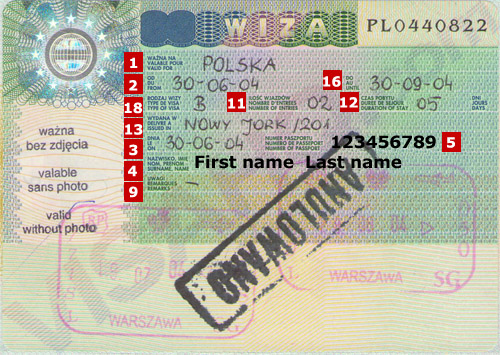Poland Embassy list in Namibia
Need help?Chat with us
Importance of Trip Registration at the Poland Embassy
Registering your trip with the Poland embassy is crucial for ensuring safety, effective communication, and access to support during emergencies. In case of natural disasters such as earthquakes or floods, having your travel information on file enables the embassy to provide timely updates and assistance. For instance, if there is a sudden political unrest in the area you are visiting, the embassy can advise you on safety measures, recommend evacuation routes, or facilitate your safe return. Furthermore, in medical emergencies, prompt registration allows the embassy to coordinate care and assist with medical evacuations or connect you with local healthcare options. Overall, trip registration significantly enhances the embassy’s ability to offer support and ensure your wellbeing while abroad.
Poland Embassy FAQs
Can the Poland embassy assist in legal issues abroad? Yes, the Poland embassy can provide guidance on local legal processes and may assist you in finding legal representation while abroad.
What should I do if I lose my Poland passport in Namibia? If you lose your Poland passport in Namibia, you should contact the Poland embassy immediately to report the loss and request a replacement.
How can I obtain information on traveling safely in Namibia? The Poland embassy regularly provides travel alerts and safety updates regarding conditions in Namibia.
Does the Poland embassy offer support for those detained abroad? Yes, the embassy can assist Polish nationals who are detained, including providing advice and support during legal proceedings.
Services Provided by Poland Embassies in Namibia
Passport Services
- Issuance of new passports
- Renewal of passports
- Lost passport replacement
Visa Issuance for Foreign Nationals
- Visa applications and processing for foreign nationals traveling to Poland
Assistance in Legal or Medical Emergencies
- Guidance on legal matters
- Coordination of medical assistance or evacuations
Travel Alerts and Safety Updates
- Information on current travel advisories and safety conditions in Namibia
Support for Nationals Detained Abroad
- Assistance and advice for Polish nationals facing legal issues or detention
Summarized Diplomatic Presence
Poland maintains a diplomatic presence in Namibia through its embassy, which is located in the capital city of Windhoek. The embassy plays a vital role in fostering bilateral relations between Poland and Namibia, focusing on promoting cooperation in areas such as trade, culture, and education. The embassy’s primary functions include providing consular services to Polish nationals, facilitating bilateral discussions, and enhancing mutual understanding between the two countries. The relationship is significant as it not only strengthens political ties but also encourages cultural exchanges and economic partnerships, contributing to both nations’ development.
